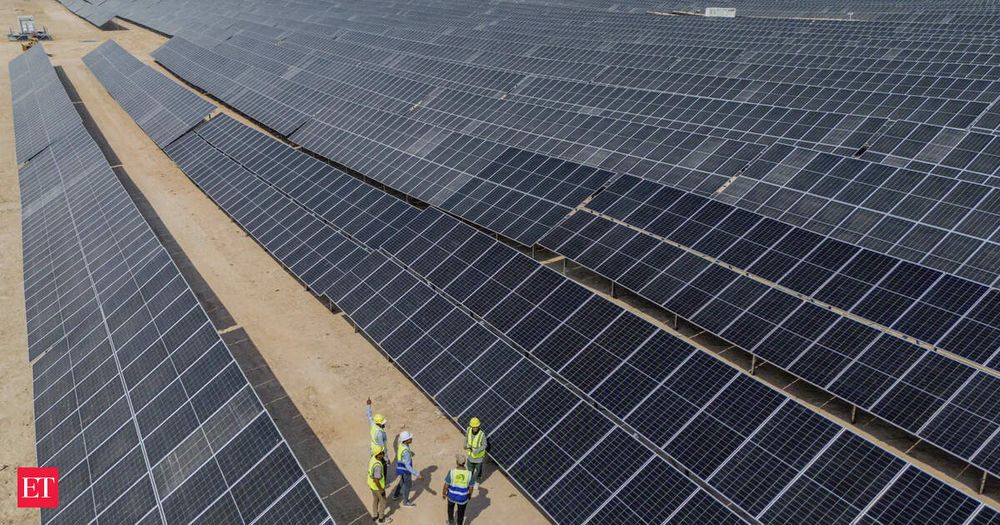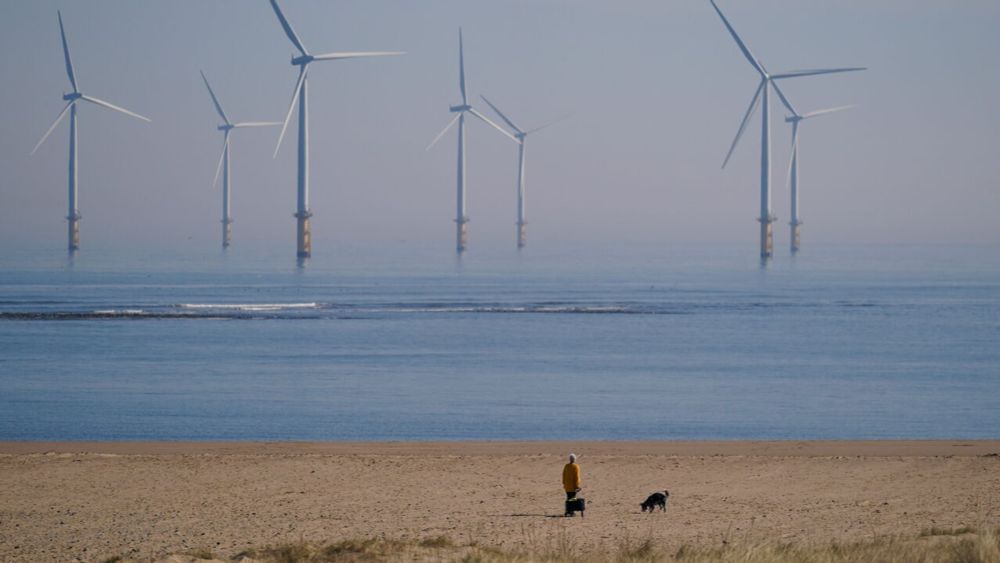Sarastro
@financeguy.bsky.social
1.5K followers
640 following
630 posts
Institutional money manager 🇬🇧🇨🇭🇫🇷
Markets, energy, history, politics
Posts
Media
Videos
Starter Packs
Reposted by Sarastro
Sarastro
@financeguy.bsky.social
· Jul 14
Sarastro
@financeguy.bsky.social
· Jul 14
Sarastro
@financeguy.bsky.social
· Jul 14
Reposted by Sarastro
Alex de Campi
@alexdecampi.bsky.social
· Jul 14

📰 BESS prices outside China have just hit some fresh record lows – here's the latest on international #energystorage market benchmarks: | Marek Kubik
📰 BESS prices outside China have just hit some fresh record lows – here's the latest on international #energystorage market benchmarks:
💰 Some fresh public data has just dropped, and it’s clear ...
www.linkedin.com
Reposted by Sarastro
Reposted by Sarastro
Reposted by Sarastro
Sarastro
@financeguy.bsky.social
· Jul 14
Sarastro
@financeguy.bsky.social
· Jul 12

Stranded sparks: Rising costs threaten viability of Texas Energy Fund projects | Enverus
Enverus Intelligence® Research (EIR) has released a report that analyzes how rising capital costs and supply chain delays have affected natural gas-fired power projects under the Texas Energy Fund (TE...
www.enverus.com
Sarastro
@financeguy.bsky.social
· Jul 6
Reposted by Sarastro
Sarastro
@financeguy.bsky.social
· Jun 29
Sarastro
@financeguy.bsky.social
· Jun 29
Sarastro
@financeguy.bsky.social
· Jun 29










